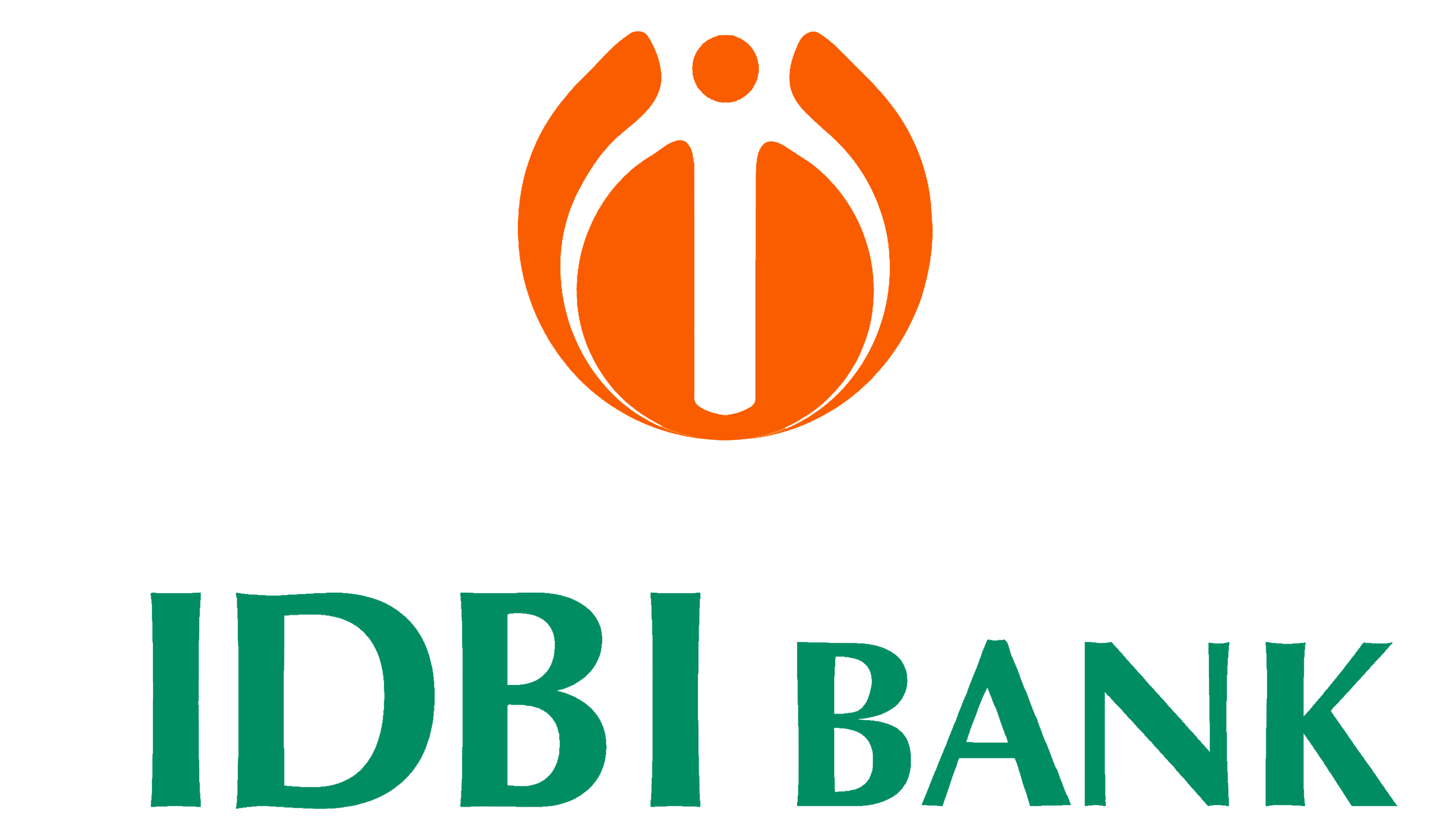TDS Registration
TRACES is TDS Reconciliation Analysis and Correction Enabling System managed by the Income Tax Department. TDS traces is a web portal that is created to administer all the TDS related procedures. With “India’s biggest Platform.” Connect with our Experts.
Get Yor TDS Registration Hassle Free.
TDS Registration with Auriga Accounting
- Connect with our Experts
- Submit Your Required Documents
- Track Application Status
- Received your Certificate














